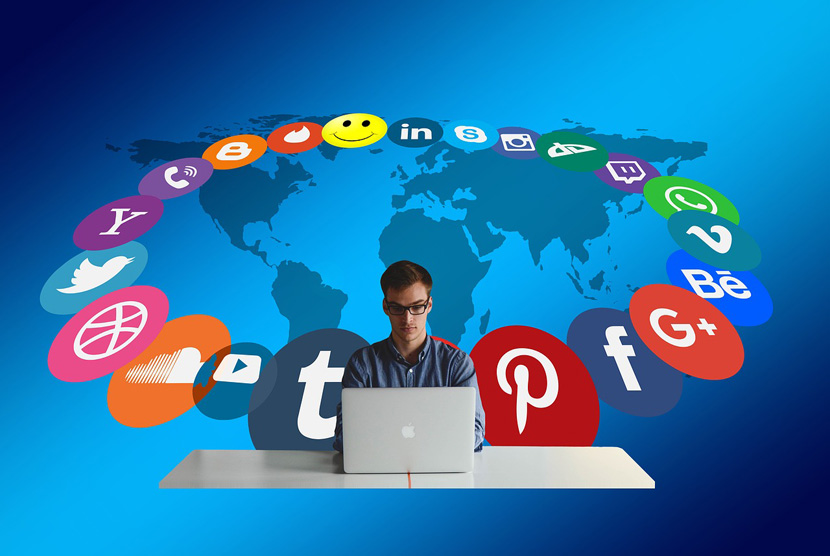REPUBLIKA.CO.ID, JAKARTA -- The Chairman of Legal Division of Central Board of Nahdlatul Ulama (PBNU) Robikin Emhas said Indonesian Council of Ulema (MUI)'s fatwa was a part of efforts to avoid social media to be a social destruction factor.
"What MUI has done is an effort to avoid social media to be a factor of social destruction," said Robikin in a short message on Wednesday (June 7).
He said, if the factors of social destruction from social media were not prevented, it might decrease the "cohesivity" (the willing to defend) the nationality of Indonesian society.
A fatwa and guidances of activities in social media had been issued by MUI on May 13. It mentioned a series of forbidden (haram) activities in social media. It was said that a Muslim was forbidden (haram) to do activities in social media to gossip (ghibah), slanders (spread fake information about somebody without right basic), bring into conflict (namimah) and spread hostility.
The fatwa also forbidden (haram) Muslims to bully, express hate speech and hostility based on ethnics, religions, races and groups. It forbidden (haram) Muslims to spread hoax or fake news, spread pornograpic content, disobedience and all things forbid by sharia and spread true information in inappropriate time and place.
The fatwa also said that producing, spreading, and making fake news accessible to society was forbidden (haram). Searching information about disgrace, gossip, and negative sides of other people was also forbidden, except based on sharia.
MUI also said it was haram to said the right was wrong and the wrong as right, to build opinion as something was successful in order to hide something bad from public. It was also haram to spread inappropriate private activities, such as poses which showed aurat (part of bodies that should be covered).
It was also haram to do buzzer activities in social media, among others to provide hoax, gossip, slander, bring conflict, bullying, disgrace, and others, including supporting, helping, and using the services and facilities.


